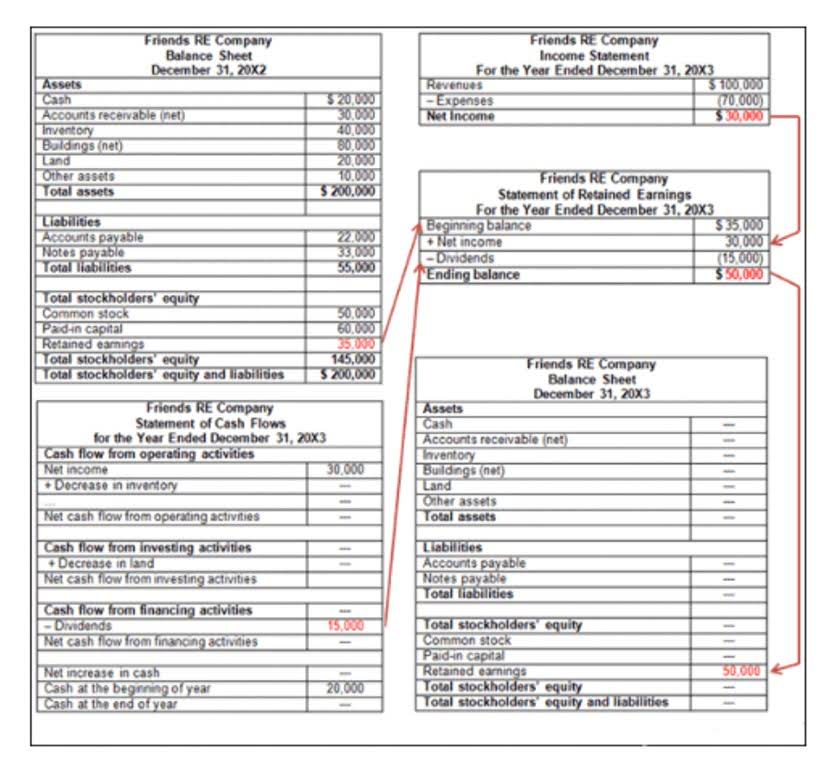
However, invoice financing can be a better option for many small businesses in need of short term financing. Outside of invoice financing, two popular lending options small businesses turn to are standard loans and credit cards. We’ll walk you through how invoice financing works, what types of businesses it’s suited for, and alternatives to consider before deciding what type of business loan is best for you.
- There are many invoice financing options available to small business across the US.
- Recourse factoring means the business is ultimately responsible if the invoice is not paid.
- Other factors, such as our own proprietary website rules and whether a product is offered in your area or at your self-selected credit score range, can also impact how and where products appear on this site.
- Invoice financing is a type of business financing that functions as a cash advance on outstanding customer invoices.
- Research and select a reputable invoice financing provider that suits your business needs.
What Are The Typical Terms Of Invoice Financing?
Let’s look at a real-life example of when a small business owner might use invoice financing. Let’s dive into what you need to know about invoice financing, including what it is, why you might use it, and its advantages and drawbacks. Use our handy invoice finance calculator to get an understanding of how much you could release from invoices owed to you. Let us know how well the content on this page solved your problem today. All feedback, positive or negative, helps us to improve the way we help small businesses. Now, that may seem like a steep price to pay, but ultimately, that comes down to your business’s financials and if that amount is worth early access to your capital.

We Want Your Feedback
There are no hard and fast disadvantages of invoice financing, but there may be reasons why it is not your first choice for business financing. Once you deliver goods or services to your customer, you issue an invoice as usual. If you’re interested in securing fast, flexible financing quickly, you may also want to consider applying for a business line of credit.

We Want Your Feedback!

Invoice financing can be structured as a loan or line of credit, and is often easier to qualify for than other small-business loans. Also known as accounts receivable financing, invoice financing allows businesses to borrow against their outstanding Bookstime invoices. Invoice financing can be expensive compared to other business loans, but it can be cost-effective if your customers pay on or before their due date.
How Much Does Invoice Financing Cost?
- When each milestone of the project is completed, the lender will issue a bill.
- Need funding for your small business and have a stack of unpaid invoices piling up?
- It focuses on your client’s ability to pay the invoices, so lenders are more willing to work with small business owners who don’t have good credit.
- There may be a personal credit check, and business credit may be checked as well.
- After the company receives payment from your customer, it sends you the rest of your money, minus the agreed-upon fees.
- Plus, the stronger your qualifications, the more likely you are to access the largest loan amounts and most competitive factor rates.
Additionally, you may have less privacy when going the factoring route. This is because customers will find out you’re working with a company when they’re contacted for payment. Financing, meanwhile, offers better privacy because your business will be the only one communicating with customers. In general, you’ll be able to complete an invoice financing application online, in just minutes. To this end, some companies allow you to connect your business’s accounting software, as well as other tools, to their platform so that they can more easily evaluate your qualifications. unearned revenue This type of financing is best for businesses that invoice other businesses (B2B invoices) for goods or services after they have been delivered.

The Best Corporate Credit Cards For Businesses
- Unfortunately, these options can be predatory (e.g. lenders that charge triple digit interest) and put your business into a financial hole that’s difficult to climb out of.
- Next, it receives the client payments directly and takes out fees before paying you the remainder.
- The difference is when your customer pays, the invoice factoring company forwards your remaining balance minus their fees.
- Invoice financing and invoice factoring are two similar but distinct products.
- In this case, as with all types of financing, the stronger your business’s qualifications, the more likely you are to access invoice financing with the most ideal rates and terms.
- Register with us to quickly receive a quote that is tailored for your business.
Lenders like AltLINE and Triumph Business Capital, on the other hand, offer invoice factoring. MCAs usually charge a factor rate that’s multiplied by the entire amount borrowed. Even a low factor rate can convert into high interest, so consider MCAs as a last resort for funding. Small Business Trends is an award-winning online publication for small business owners, entrepreneurs and the people who interact with them.
Invoice Financing From the Lender’s Perspective

Recourse factoring means the business is ultimately responsible if the invoice is not paid. With recourse factoring, the business that received funding invoice financing bank is ultimately responsible if the invoice is not paid. In other words, you may have to repay the money you received from the factor. Pre-Billing happens when a small business bills its customers before the completion of a project. Unless the services are rendered or the goods are shipped to the customer, this type of invoice is not eligible for invoice finance solutions. Some lenders might ask borrowers to meet monthly minimums or pay exorbitant prices.

Add Comment